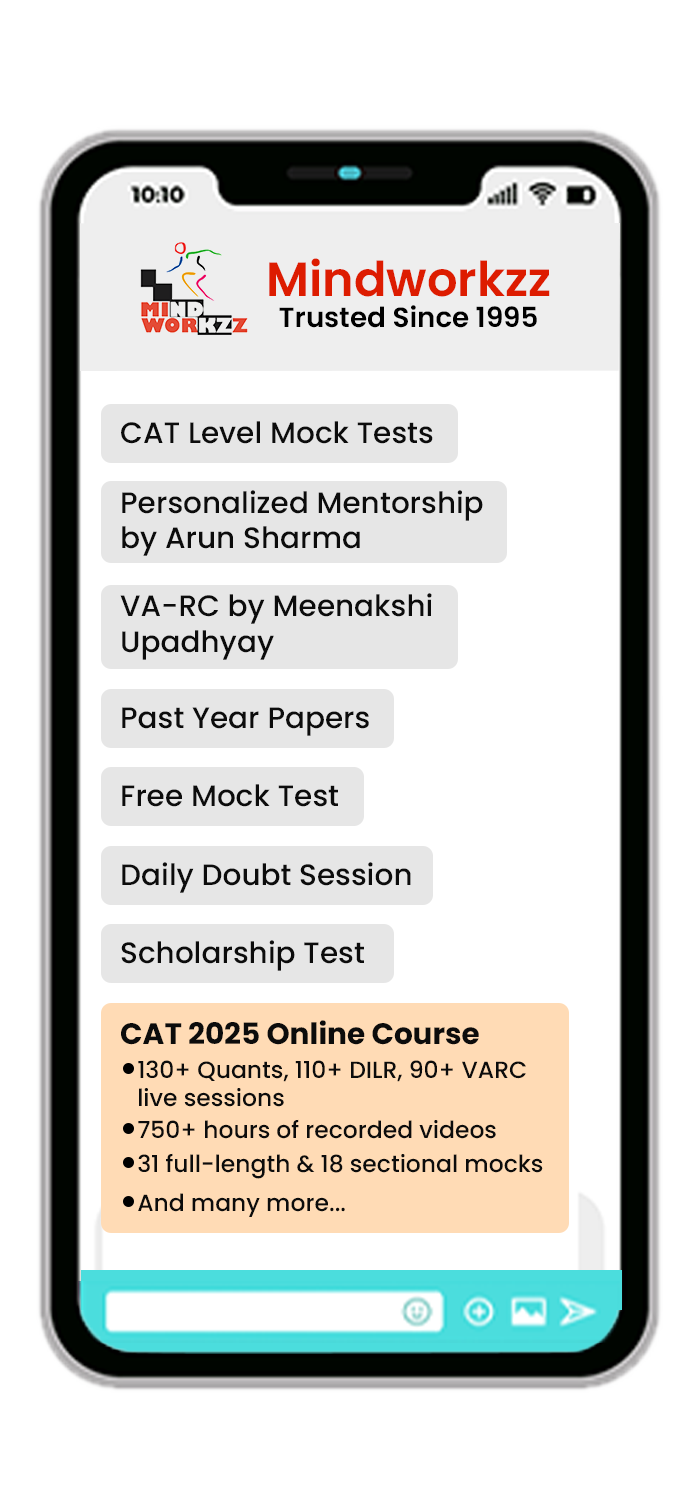Instruction for 6 to 9:
The conceptions of life and the world which we call ‘philosophical’ are a product of two factors: one inherited religious and ethical conceptions; the other, the sort of investigation which may be called ‘scientific’, using this word in its broadest sense. Individual philosophers have differed widely in regard to the proportions in which these two factors entered into their systems, but it is the presence of both, to some degree, that characterizes philosophy. ‘Philosophy’ is a word which has been used in many ways, some wider, some narrower. I propose to use it in a very wide sense, which I will now try to explain. Philosophy, as I shall understand the word, is something intermediate between theology and science. Like theology, it consists of speculations on matters as to which definite knowledge has, so far, been unascertainable; but like science, it appeals to human reason rather than to authority, whether that of tradition or that of revelation. All definite knowledge so I should contend belongs to science; all dogma as to what surpasses definite knowledge belongs to theology. But between theology and science there is a ‘No Man’s Land’, exposed to attack from both sides; this ‘No Man’s Land’ is philosophy. Almost all the questions of most interest to speculative minds are such as science cannot answer, and the confident answers of theologians no longer seem so convincing as they did in former centuries. Is the world divided into mind and matter, and if so, what is mind and what is matter? Is the mind subject to matter, or is it possessed of independent powers? Has the universe any unity or purpose? Is it evolving towards some goal? Are there really laws of nature, or do we believe in them only because of our innate love of order? Is man what he seems to the astronomer, a tiny lump of carbon and water impotently crawling on a small and unimportant planet? Or is he what he appears to Hamlet? Is he perhaps both at once? Is there a way of living that is noble and another that is based, or are all ways of living merely futile? If there is a way of living that is noble, in what does it consist, and how shall we achieve it? Must the good be eternal in order to deserve to be valued, or is it worth seeking even if the universe is inexorably moving towards death? Is there such a thing as wisdom, or is what seems such merely the ultimate refinement of folly? To such questions, no answer can be found in the laboratory. Theologies have professed to give answers, all too definite; but their definiteness causes modern minds to view them with suspicion. The studying of these questions, if not the answering of them, is the business of philosophy. Why, then, you may ask, waste time on such insoluble problems? To this one may answer as a historian, or as an individual facing the terror of cosmic loneliness. The answer of the historian, in so far as I am capable of giving it, will appear in the course of this work. Ever since men became capable of free speculation, their actions in innumerable important respects, have depended upon their theories as to the world and human life, as to what is good and what is evil. This is as true in the present day as at any former time. To understand an age or a nation, we must understand its philosophy, and to understand its philosophy we must ourselves be in some degree philosophers. There is here a reciprocal causation: the circumstances of men’s lives do much to determine their philosophy, but, conversely, their philosophy does much to determine their circumstances. There is also, however, a more personal answer. Science tells us what we can know, but what we can know is little, and if we forget how much we cannot know we may become insensitive to many things of very great importance. Theology, on the other hand, induces a dogmatic belief that we have knowledge, where in fact we have ignorance, and by doing so generates a kind of impertinent insolence towards the universe. Uncertainty, in the presence of vivid hopes and fears, is painful but must be endured if we wish to live without the support of comforting fairy tales. It is good either to forget the questions that philosophy asks or to persuade ourselves that we have found indubitable answers to them. To teach how to live without certainty, and yet without being paralyzed by hesitation, is perhaps the chief thing that philosophy, in our age, can still do for those who study it.
Q6. The purpose of philosophy is to
Solution: The last three lines of the passage tell us about the purpose of philosophy... "Uncertainty, in the presence of vivid hopes and fears, is painful but must be endured if we wish to live without the support of comforting fairy tales. It is not good either to for get the questions that philosophy asks, or to persuade ourselves that we have found indubitable answers to them. To teach how to live without certainty, and yet without be- ing paralysed by hesitation, is perhaps the chief thing that philosophy, in our age, can still do for those who study it.',...also para- graph 2 of the passage mentions about the business of philosophy....based on which option (b) is the correct answer.
Hence option (b) is correct.


